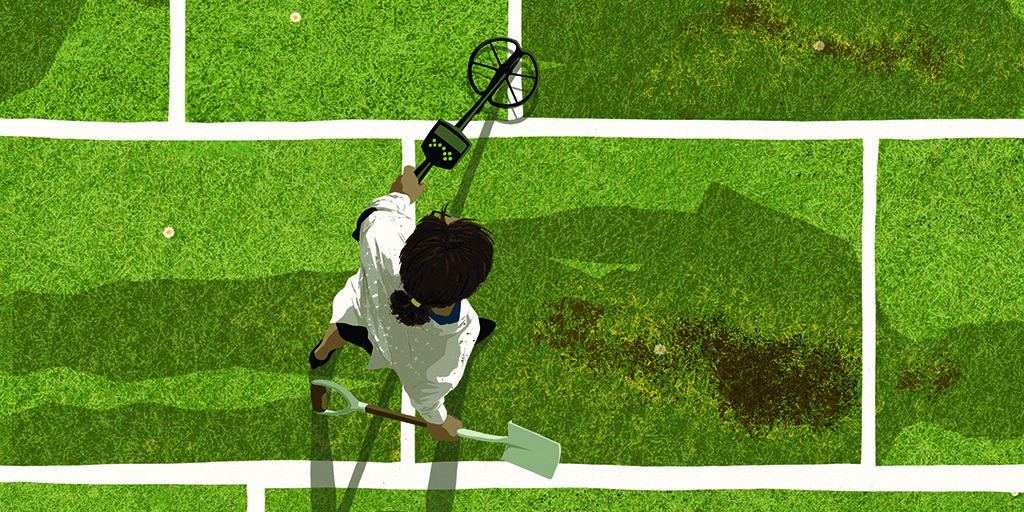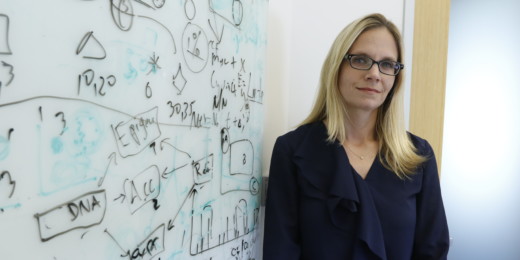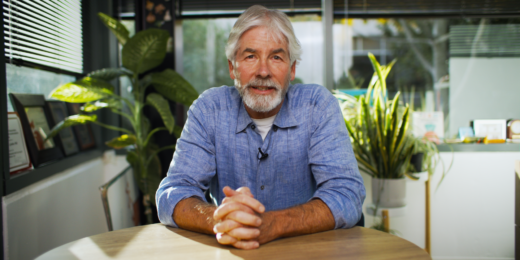Stanford scientists out to thwart disease have a lofty new goal: to stop it before it even starts.
The effort is anchored by a group of scientists in Stanford's new Precision Health and Integrated Diagnostics Center, or PHIND, which challenges scientists from all disciplines to bring their most bold and forward-thinking ideas to the table in an effort to find earlier diagnostics and more precise treatments for diseases.
In a video that pairs with a story I wrote for the latest issue of Stanford Medicine, Lloyd Minor, MD, dean of the School of Medicine, explains the interdisciplinary nature of precision health and by extension, PHIND:
We're seeing people from fields previously unconcerned about biology and medicine starting to focus on biomedical problems. The problems that we want to confront with precision health are so complex that to really tackle them effectively we have to bring together people from different disciplines with complimentary talents in ways that break down these problems and achieve the solutions we want to see.
In the video, which I've fondly dubbed "the superheroes of PHIND," three scientists, along with Minor and PHIND Director Sanjiv “Sam” Gambhir, MD, PhD, illustrate what it means to conduct research in the context of precision health. Between detecting signs of cancer earlier, using biological profiles to monitor and sustain healthy levels of blood sugar, longitudinally monitoring adolescents to prevent teen suicides, and more, PHIND reaches all corners of human health.
Illustration by Mark Smith; video by Mark Hanlon






